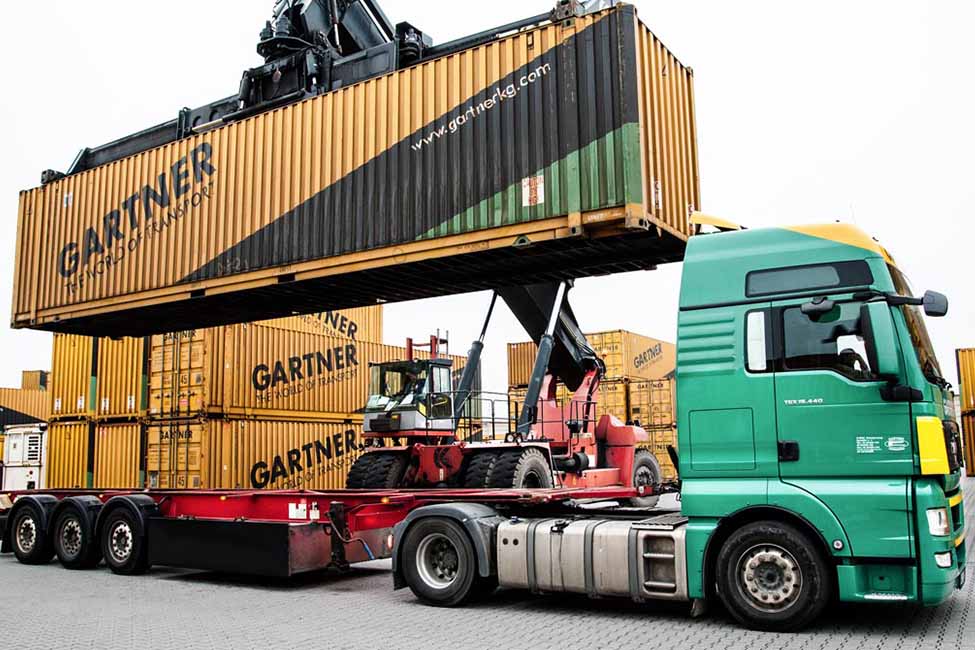
In today's fast-paced world, efficient and reliable transport is crucial for businesses across industries. One innovation that has revolutionized the way goods are transported is the use of containers. These standardized, stackable metal boxes have become the backbone of global trade, offering numerous advantages over traditional methods. In this blog post, we will explore why containers have become the preferred choice for transport and how they have transformed the logistics industry.
- Enhanced Security and Protection:
Containers provide a secure and protective environment for goods during transportation. Made from durable materials such as steel, they offer resistance to external factors like weather conditions, theft, and damage. With proper sealing mechanisms, containers ensure that goods remain intact and uncontaminated throughout their journey. This increased security has significantly reduced losses and damages, providing peace of mind to businesses and customers alike. - Standardization and Intermodal Compatibility:
One of the key advantages of containers is their standardization. They are designed to meet specific dimensions and weight limits, allowing for seamless integration into various modes of transport, including ships, trains, and trucks. This intermodal compatibility enables efficient transfer of goods from one mode of transport to another, minimizing handling and reducing the risk of damage. Additionally, standardization simplifies logistics planning and optimizes space utilization, resulting in cost savings and improved efficiency. - Streamlined Supply Chain:
Containers have played a pivotal role in streamlining the global supply chain. By using containers, businesses can consolidate multiple shipments into a single unit, reducing the number of individual packages and simplifying the documentation process. This consolidation not only saves time and effort but also lowers transportation costs. Moreover, containers facilitate faster loading and unloading processes, reducing turnaround times and improving overall supply chain efficiency. - Flexibility and Scalability:
Containers offer unparalleled flexibility and scalability for businesses of all sizes. They can accommodate a wide range of goods, from perishable items to heavy machinery, and can be easily modified to meet specific requirements. Containers also enable businesses to scale their operations quickly, as they can be stacked and transported in large quantities. This scalability is particularly beneficial for industries with fluctuating demand or seasonal variations, allowing for efficient inventory management and cost optimization. - Environmental Sustainability:
In an era of increasing environmental consciousness, containers contribute to sustainable transport practices. By optimizing space utilization and reducing the need for multiple trips, containers help minimize carbon emissions and fuel consumption. Additionally, containers are reusable and recyclable, reducing waste and promoting a circular economy. As businesses strive to reduce their carbon footprint, containers offer a greener alternative for transporting goods.
Conclusion:
Containers have revolutionized the transport industry, offering enhanced security, standardization, streamlined supply chains, flexibility, and environmental sustainability. Their impact on global trade cannot be overstated, as they have transformed the way goods are transported, stored, and delivered. As businesses continue to seek efficient and cost-effective transport solutions, containers will remain an indispensable tool in the logistics landscape, driving innovation and enabling seamless global connectivity.

